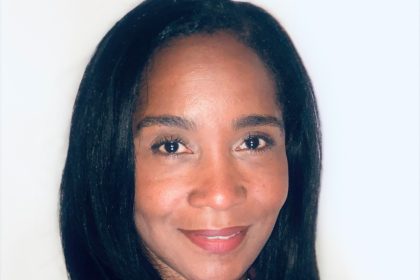For first-time homeowners, proper budgeting serves as the foundation of successful homeownership. While purchasing a home marks a significant achievement, maintaining it requires careful financial planning and disciplined money management. Understanding why and how to budget effectively can make the difference between long-term stability and potential foreclosure.
The power of consistent mortgage payments
A well-structured budget begins with prioritizing your mortgage payment above other discretionary spending. Many first-time homeowners underestimate the importance of treating this payment as non-negotiable. Creating a dedicated account for housing expenses ensures that mortgage payments remain separate from daily spending money.
Smart homeowners often set up automatic transfers to this account on paydays, removing the temptation to use these funds for other purposes. This approach helps maintain perfect payment history, protecting both your credit score and your home ownership status.
Understanding total housing costs
Tracking expenses becomes crucial when managing a home. Beyond the mortgage payment, homeowners face numerous additional costs that can strain finances if not properly budgeted. Property taxes, homeowners insurance, utilities, and maintenance all require careful planning.
Successful homeowners typically allocate specific percentages of their income to each housing-related expense category. This systematic approach prevents financial surprises and ensures all housing costs receive proper funding.
Building a robust emergency fund
Life’s uncertainties demand financial preparation. Whether facing unexpected home repairs or temporary income loss, an emergency fund provides essential protection against missing mortgage payments. Smart homeowners consistently set aside money until they accumulate three to six months of living expenses.
This financial buffer allows homeowners to maintain stability during challenging times without risking foreclosure. Regular contributions to this fund should become a standard part of monthly budgeting practices.
Managing debt strategically
High-interest debt can quickly derail homeownership dreams. Credit cards and personal loans often carry interest rates that make balancing housing costs increasingly difficult. A proper budget includes strategies for avoiding new debt while systematically reducing existing obligations.
Successful homeowners prioritize debt reduction alongside mortgage payments. They understand that minimizing high-interest debt creates more financial flexibility and reduces the risk of missing housing payments.
Planning for future expenses
Homeownership brings periodic large expenses that require advance planning. Roof replacements, HVAC systems, and other major repairs inevitably arise. Smart budgeting includes setting aside money regularly for these future needs.
Creating separate savings categories for home maintenance and improvements helps prevent these expenses from threatening mortgage payments. Many homeowners follow the one-percent rule, saving that percentage of their home’s value annually for maintenance and repairs.
Implementing effective budgeting practices
Successful homeowners often employ several key strategies to maintain financial stability:
- Track every dollar spent in the first few months of homeownership to understand true living costs.
- Review and adjust the budget quarterly to account for seasonal changes in utilities and maintenance needs.
- Use technology to automate savings and bill payments, reducing the risk of missed deadlines.
Creating sustainable habits
Long-term homeownership success requires developing consistent financial habits. Start by analyzing income and expenses to create realistic budget categories. Regularly monitor spending patterns and adjust allocations as needed.
Consider using budgeting apps or spreadsheets to maintain accurate records. These tools help identify potential problems before they affect mortgage payments.
Looking ahead
Financial stability through budgeting requires commitment and regular attention. Successful homeowners understand that protecting their investment demands active financial management. They regularly review their budget, adjust for changing circumstances, and maintain focus on long-term stability.
By implementing these budgeting practices, first-time homeowners significantly reduce their risk of foreclosure. While the process requires dedication, the security it provides makes the effort worthwhile. Remember that every dollar properly budgeted helps protect your dream of long-term homeownership.
This story was created using AI technology.

















